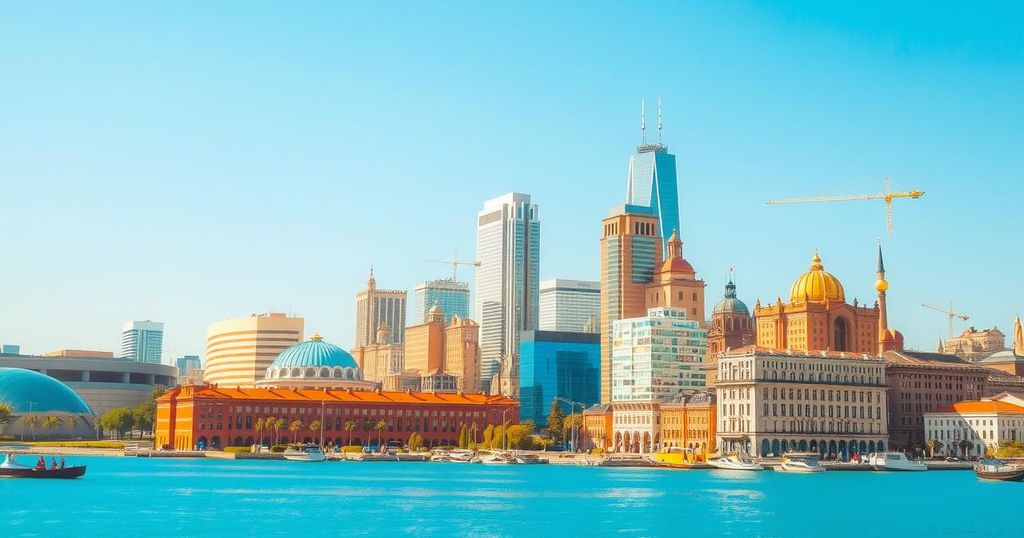Sudan’s Military Regains Control Over Khartoum as Conflict Escalates

Sudan’s military has retaken Khartoum from rival RSF forces, who remain active elsewhere. The war has led to over 28,000 deaths and a massive humanitarian crisis. The conflict stems from instability following the removal of President Omar al-Bashir and subsequent military coups, with ongoing allegations of human rights abuses against both factions.
The military of Sudan has declared the recapture of the final area in the capital city of Khartoum that was held by the rival paramilitary group, the Rapid Support Forces (RSF), led by General Mohammed Hamdan Dagalo. This development marks the expulsion of the RSF from Khartoum following the onset of conflict in April 2023. Although the RSF has not confirmed this loss, fighting is expected to continue as they maintain control in other regions of Sudan.
The ongoing war has resulted in over 28,000 fatalities and has displaced millions, leaving some families resorting to consuming grass to survive amidst widespread famine. The humanitarian crisis has been characterized as the largest globally, according to the head of the U.N. children’s agency, with other reports indicating a potentially higher death toll.
The Republican Palace, historically significant as the former seat of power during British colonial rule and a site for the first independent flags raised post-1956, has long been targeted by the Sudanese military. This compound has faced continuous shelling as conflicts erupted in the capital.
Sudan, located in northeastern Africa, has struggled with instability since the ousting of long-time President Omar al-Bashir in 2019. Subsequently, a brief attempt at democracy was interrupted by a military coup led by General Abdel Fattah al-Burhan and General Dagalo in 2021, which sparked internal conflicts between their forces.
Since the beginning of 2023, Burhan’s military forces have actively engaged against the RSF, recovering strategic locations such as a critical refinery north of Khartoum, intensifying confrontations around the capital, and consequently increasing civilian casualties.
Omar al-Bashir faces charges at the International Criminal Court for alleged genocidal actions in the Darfur region, where the Janjaweed militia, the precursor to the RSF, operated. Throughout the current conflict, both the military and RSF are accused of human rights violations. The U.S. State Department under President Biden had reportedly classified the actions of the RSF as genocide, a claim both factions have denied.
In summary, Sudan’s military has regained control of Khartoum from the RSF, but the fighting is likely to persist in other parts of the nation due to the RSF’s continued presence. The severe humanitarian crisis, exacerbated by the war, has resulted in tens of thousands of casualties and widespread displacement. Allegations of human rights abuses and genocide have marred both the military and the RSF, underscoring the complex dynamics of this conflict.
Original Source: chatnewstoday.ca








